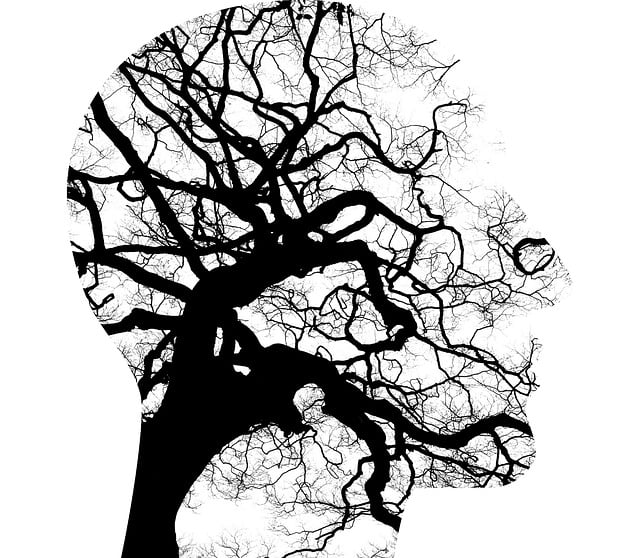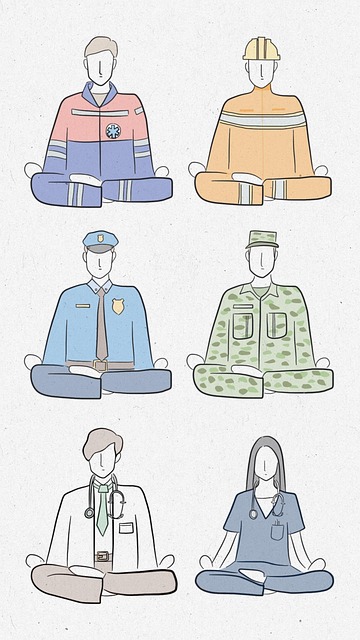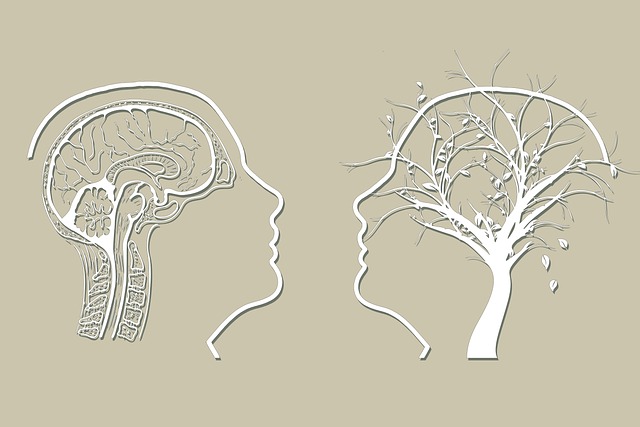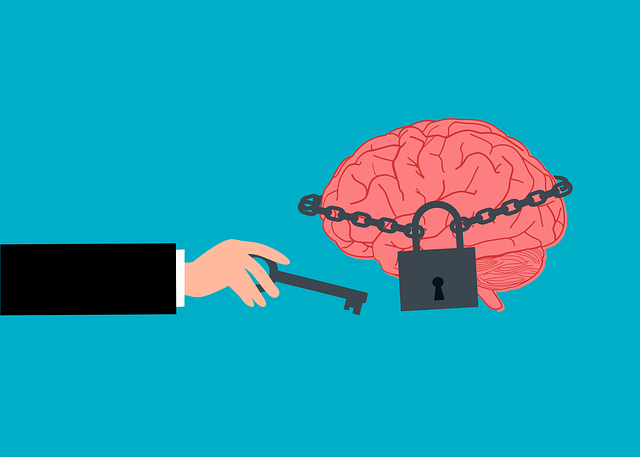Mindfulness meditation is a powerful tool for therapists in Louisville looking to enhance their practice and support clients' mental wellness. By incorporating present-moment awareness and non-judgmental exploration of thoughts and emotions, therapists foster self-awareness, emotional regulation, and empathy. This not only models healthy coping mechanisms but also improves patient outcomes, positioning them as leaders in evidence-based care. Overcoming challenges through self-care, integrating mindfulness into daily lives, and guiding clients in developing self-care routines further enhances mental health and resilience.
“Unwind and transform your clinical practice with mindfulness meditation—a powerful tool gaining momentum in the Louisville therapy community. This comprehensive guide is designed for therapists and clinicians eager to integrate mindfulness into their sessions, fostering deeper connections with clients. From understanding the fundamentals of this ancient practice to practical steps for implementation, we’ll explore how mindfulness can enhance therapeutic outcomes.
Learn strategies to overcome challenges, maximize benefits, and create a harmonious environment for both therapist and client.”
- Understanding Mindfulness Meditation: A Foundation for Louisville Therapy Practitioners
- Practical Steps to Integrate Mindfulness into Your Clinical Practice
- Overcoming Challenges and Maximizing Benefits for Both Therapists and Clients
Understanding Mindfulness Meditation: A Foundation for Louisville Therapy Practitioners

Mindfulness meditation is a powerful tool for therapists and clinicians in Louisville looking to enhance their practice and support clients’ mental wellness. It involves training the mind to be present in the current moment, non-judgmentally, which can lead to improved coping skills development and enhanced compassion cultivation practices. By incorporating mindfulness into therapy sessions, practitioners create a safe space where individuals can explore their thoughts and emotions without attachment or reaction, fostering self-awareness and emotional regulation.
This ancient practice has gained significant traction in the modern therapy landscape, as research highlights its effectiveness in reducing stress, anxiety, and depression. For Louisville therapy practitioners, mindfulness meditation serves as a foundation for cultivating a deeper connection with clients, encouraging active listening, and promoting empathy. It allows therapists to model healthy coping mechanisms, enabling clients to better navigate life’s challenges and enhance their overall well-being.
Practical Steps to Integrate Mindfulness into Your Clinical Practice

Incorporating mindfulness into your clinical practice as a Louisville therapist or clinician can significantly enhance your therapeutic approach and patient outcomes. Here are practical steps to integrate this powerful tool:
1. Educate Yourself: Start by understanding the science behind mindfulness and its benefits for mental health. Explore research-backed techniques like body scan meditation, breathing exercises, and present-moment awareness practices. This knowledge will empower you to guide your patients effectively.
2. Model Mindfulness: Therapists are role models for their clients. Incorporate brief mindfulness practices into your session structure. Begin with simple breathing awareness or a short body scan to demonstrate the technique and its calming effects. This can help patients feel more comfortable and engaged in their own practice.
3. Encourage Regular Practice: Teach your patients that mindfulness is a skill that improves with consistent practice. Offer guidance on accessible ways to integrate mindfulness into daily routines, such as mindful walking or eating exercises. Encourage them to set aside dedicated time for formal meditation practices, tailoring these suggestions to each patient’s preferences and needs.
4. Weave it into Therapy: Integrate mindfulness strategies into your clinical conversations. For instance, use communication strategies like active listening, validating emotions, and non-judgmental awareness—all elements that support emotional intelligence and mood management. By combining talk therapy with mindfulness techniques, you can create a more holistic therapeutic experience.
5. Offer Mindfulness Resources: Share useful apps, books, or online courses to support patients’ home practice. Louisville has a thriving wellness community; consider recommending local workshops or retreats focused on mindfulness for advanced practitioners.
Overcoming Challenges and Maximizing Benefits for Both Therapists and Clients

Overcoming Challenges is a crucial aspect of mindfulness meditation practice, especially for Louisville Therapy for Therapists-Clinicians. Many practitioners face the challenge of maintaining consistent practice amidst demanding schedules and personal stressors. To maximize benefits, therapists should prioritize self-care, integrating mindfulness into their daily routines. Crisis Intervention Guidance can be tailored to incorporate these practices, enhancing the support offered to clients.
Public Awareness Campaigns Development can play a significant role in promoting the importance of mindfulness. By educating the community about its advantages, more individuals will be inclined to adopt these techniques. Additionally, therapists can encourage clients to develop Self-Care Routine Development for Better Mental Health, fostering resilience and empowering them to navigate challenges with increased clarity and composure.
Mindfulness meditation, a powerful tool in the therapeutic arsenal of Louisville therapy practitioners, offers immense potential for improving both clinical practice and client outcomes. By integrating mindfulness into their work, therapists can enhance self-awareness, cultivate compassion, and provide more effective care. Overcoming initial challenges through practical steps, as outlined in this article, will enable clinicians to maximize the benefits of mindfulness meditation for themselves and their clients, ultimately enriching the therapeutic experience in Louisville therapy settings.












